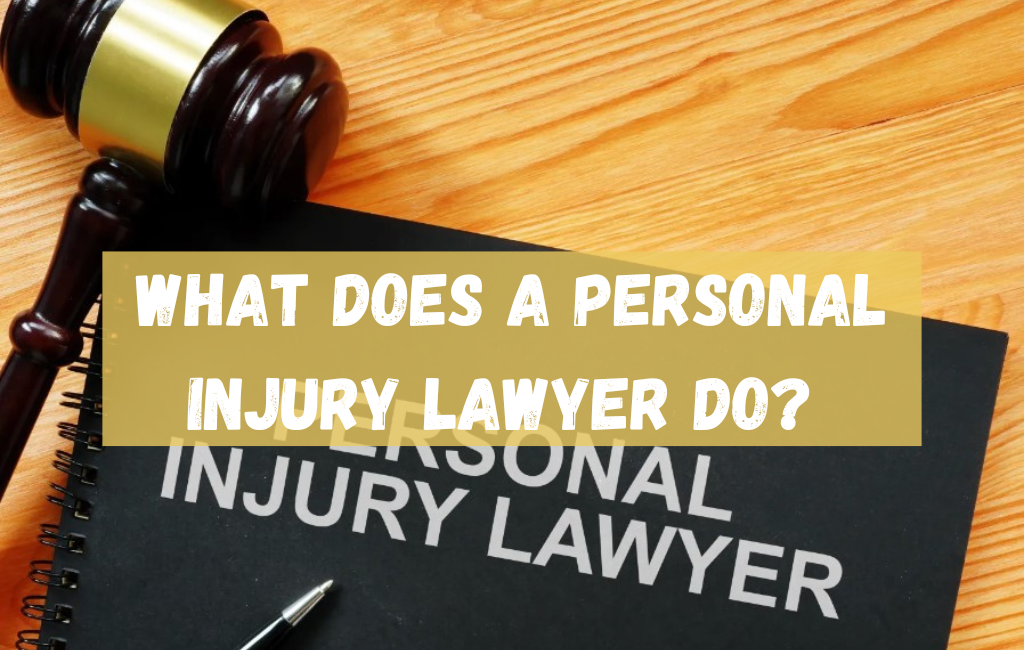Personal Injury Lawyer: Process of Working
Personal injury cases can be complex and emotionally taxing. Engaging a personal injury lawyer can help navigate the legal intricacies and improve the chances of a favorable outcome. This article outlines the process of working with a personal injury lawyer, providing valuable insights and practical examples.
Initial Consultation
The journey begins with an initial consultation. This meeting allows the lawyer to understand the specifics of the case and determine its viability. Clients should come prepared with all relevant documents, such as medical records, accident reports, and any correspondence with insurance companies.
- Discuss the details of the incident
- Review medical records and other evidence
- Evaluate the potential for a successful claim
During this consultation, the lawyer will also explain their fee structure, which is often based on a contingency fee arrangement. This means the lawyer only gets paid if the client wins the case.
Case Investigation
Once the lawyer agrees to take on the case, a thorough investigation begins. This step involves gathering all necessary evidence to build a strong case. The lawyer may work with investigators, medical professionals, and other experts to collect and analyze information.
- Collecting police and accident reports
- Interviewing witnesses
- Reviewing medical records and bills
- Consulting with medical experts
For example, in a car accident case, the lawyer might reconstruct the accident scene to understand the dynamics and identify any potential negligence.
Filing the Claim
After gathering sufficient evidence, the lawyer will file a claim with the relevant insurance company or court. This step involves drafting and submitting legal documents that outline the client’s case and the compensation sought.
The claim will detail the extent of the injuries, the impact on the client’s life, and the financial losses incurred. The lawyer will ensure that all deadlines are met and that the claim is filed correctly to avoid any procedural issues.
Negotiation and Settlement
Many personal injury cases are resolved through negotiation rather than going to trial. The lawyer will negotiate with the insurance company or the opposing party to reach a fair settlement. This process can involve several rounds of offers and counteroffers.
- Presenting evidence to support the claim
- Negotiating with insurance adjusters
- Advising the client on settlement offers
For instance, in a slip and fall case, the lawyer might negotiate with the property owner’s insurance company to secure compensation for medical expenses, lost wages, and pain and suffering.
Litigation
If a fair settlement cannot be reached, the case may proceed to litigation. The lawyer will prepare for trial by gathering additional evidence, deposing witnesses, and developing a trial strategy. This stage requires meticulous preparation and a deep understanding of legal procedures.
- Filing pre-trial motions
- Conducting depositions
- Preparing witnesses for testimony
- Presenting the case in court
During the trial, the lawyer will present the evidence, cross-examine witnesses, and make compelling arguments to persuade the jury or judge. A well-prepared lawyer can significantly influence the trial’s outcome.
Post-Trial and Appeals
After the trial, the lawyer will assist with any post-trial motions or appeals if necessary. This step may involve challenging the court’s decision or defending a favorable verdict against an appeal by the opposing party.
- Filing post-trial motions
- Preparing for appellate review
- Arguing the case before an appellate court
For example, if a client wins a significant award in a medical malpractice case, the opposing party might appeal the decision. The lawyer will then prepare briefs and present arguments to uphold the verdict.
Conclusion
Working with a personal injury lawyer involves several critical steps, from the initial consultation to potential appeals. Each stage requires careful preparation, strategic thinking, and a thorough understanding of legal principles. By engaging a skilled personal injury lawyer, clients can navigate the complexities of their case and improve their chances of securing fair compensation.

